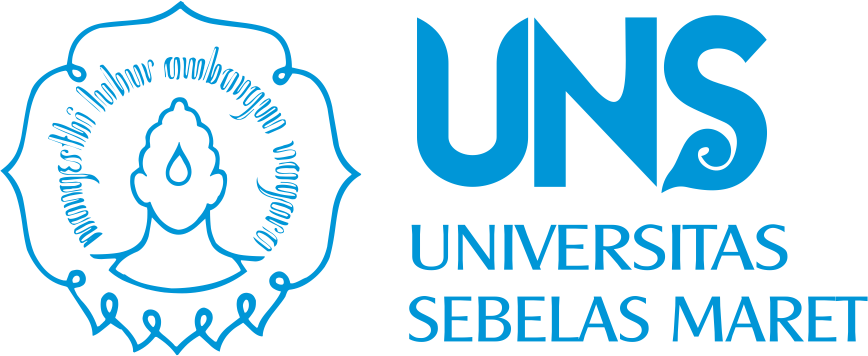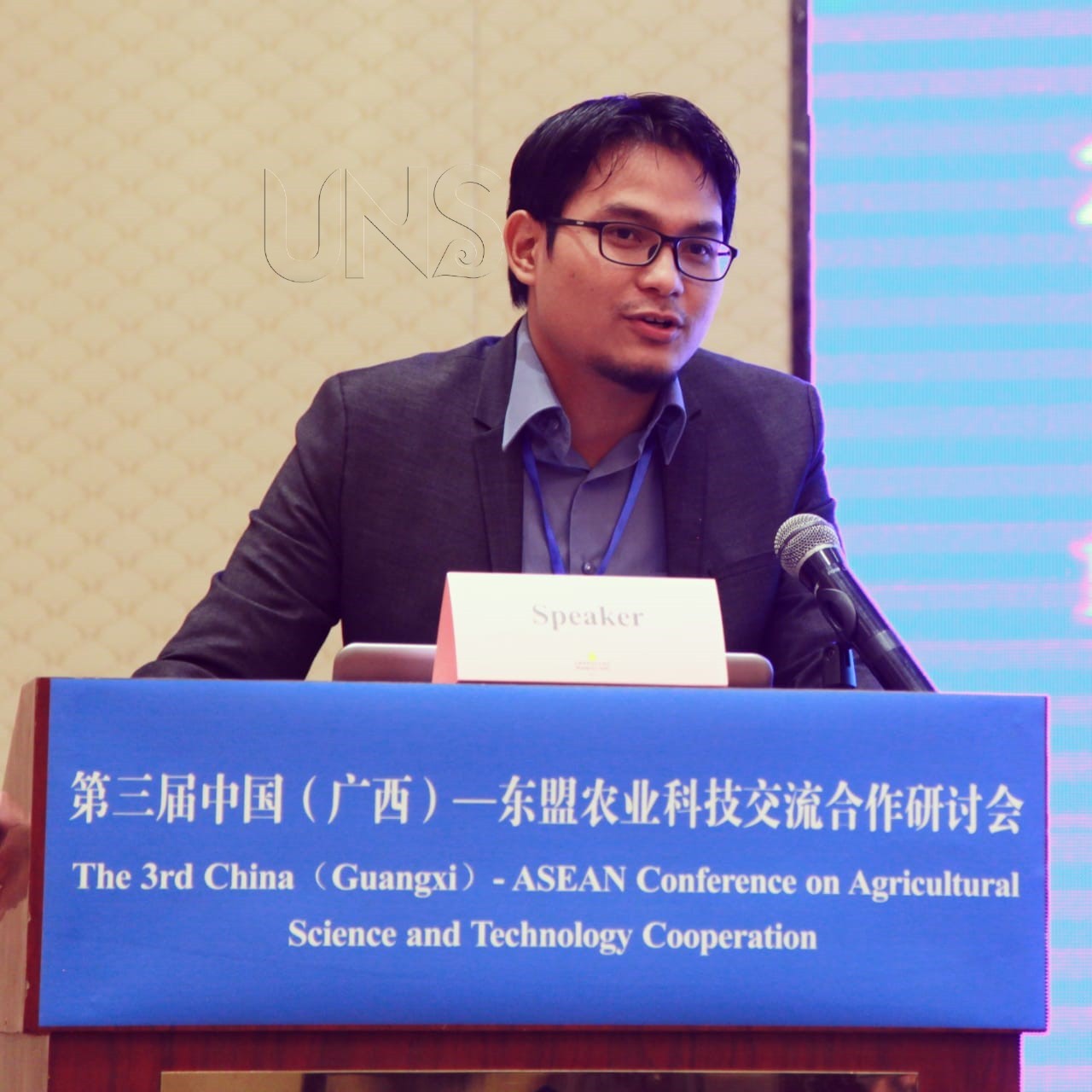By: Academic Member of Food Science and Technology Program, Faculty of Agriculture UNS, Dr. Dimas Rahadian Aji Muhammad S.T.P., M.Sc.
There are two types of illness, infectious and non-communicable diseases. Coronavirus is a cause of infectious disease, as for health problems caused by dietary errors (for example diabetes, cholesterol, etc., are included in the category of non-communicable diseases).
This means that the spread of Coronavirus almost has no relationship with Indonesian’s diet. European Food Safety Association (EFSA) in its 9 March 2020 release explained that there is no evidence which shows that food is a part of the coronavirus transmission route (when foods are consumed through appropriate methods under hygienic standard).
Although food is not Coronavirus spreading agent and is not the cause of the disease, diet is highly related to immunity when somebody contracted Coronavirus. A person with a good diet will have better immunity compared to those with a poor diet.
Poor immunity contributes to the level of fatality of the coronavirus attack, to the point of causing death. A person with a poor diet; malnourished, or a person with comorbidity such as diabetes, has a higher risk of death due to Coronavirus. On a person with a strong immune system, Coronavirus might infect but does not cause any symptoms.
The majority of Indonesians have a poor diet. The Basic Health Research conducted by the Ministry of Health in 2018 shows that many Indonesians are malnourished or are diabetics. This group has a high risk of experiencing serious health problems when infected with Coronavirus.
The context of “preventing Covid-19” needs to be clarified. In this sense, rhizomes have various bio-active compounds. These compounds are empirically or scientifically are proved to have positive effects on health, one of which is increasing immunity. Besides that, there are studies which show that the active compounds in rhizomes have specific activities, such as antioxidant, anti-microbial, and anti-virus. Therefore, it is not surprising if Indonesians like to consume jamu (red: traditional medicine) which increase immunity or cure certain illness.
Based on this description, therefore “preventing Covid-19” in the context of increasing immunity that Covid-19 infection does not lead to fatal effect is logical. However, “preventing Covid-19” in the context of preventing the contagion of Covid-19 from one to the other need deeper analysis.
The spread of the virus is the result of multiplication and mutation. Active compounds in rhizoid have the potential to inhibit multiplication. However, the inhibition occurs when these compounds hit the virus directly. The problem here is that after consuming rhizoid, many factors affect the effectiveness of these compounds to inhibit the virus multiplication. The factors that have no supporting evidence and need further study are: (1) does the concentration of rhizoid we consume is enough to inhibit the virus?; (2) if the concentration is sufficient, does the active compound in rhizoid are absorbed fully into our system? Or does it still bound in the food matrix and is not absorbed?; (3) does our body absorb the original compound or the derivative compounds (the metabolites)? If the metabolites, the antiviral ability is also different. So far, there is no scientific evidence that rhizoid can inhibit Covid-19 infection. Therefore, to state (that it can inhibit Covid-19) is an overclaim. Even though in general, rhizoid has bio-active compounds which have the potential as antiviral. But considering that there are diverse viruses, one compound will be effective as an antiviral for one type of virus, but ineffective for other types of virus.
Thus, rhizoid “prevents Covid-19” means that these rhizoids increase immunity and reduce the risk of fatal health problems caused by Coronavirus infection. If “prevents Covid-19” in the context of inhibiting virus multiplication, there has been no scientific supports.
Herbs have bio-active compounds that have a positive effect on health, but to trigger certain health effects, these compounds have to be consumed on certain minimum concentrations. If the consumption does not reach the minimum concentration, the health effect will be very low or even zero. Additionally, each person will respond differently to the consumption of herbs or rhizoids.
People who feel the increase in immunity after consuming herbs extract (in the form of capsules, jamu, or others), can continue to do so. But for those who are not used to consume jamu, consuming foods and beverages with herbs might increase the immune system.
We need to remember that, however, there are no such perfect foods. This means that even if herbs and rhizoids have a potential of bio-activity, overconsumption will bring side-effects on health. For example, the consumption of ginger brings a warming effect and increasing immunity, but overconsumption will result in a burning effect in the stomach and causes diarrhea for the person.
Diet has low relevance in preventing the transmission of Covid-19. But a healthy diet to prevent or reduce the risk of fatal health problems caused by Covid-19 infection is more logical. The principle of a healthy diet is safety, nutrition, diverse, and balanced (AB3). Safety means that the food is safe to be consumed and do not contain a poisonous substance. Nutritious means that the food contains complete nutrition; the macronutrients and micronutrients, including carbohydrates, proteins, fats, vitamins, and minerals. Followed by enough consumption of water and physical activities. Diverse can be interpreted as the diversity of foods, which means when consuming protein, we need to consume it from more than one source, such as meat, chicken, egg, soybean, fish, and other sources. The nutrition of a food source will complete other source’s nutrition. Balanced means as the balance of foods consumed. It means that we should avoid eating too much rice with little side dishes. It is an indication of an imbalanced nutritional intake. When we want to increase our immune system, it is suggested that we consume more protein, vitamins, and minerals. Protein, vitamin, and mineral (especially zinc) have a large contribution in increasing the immune system.
Selecting nutritional intake today is the priority to increase the immune system. In addition to upholding the principles of safe, nutritious, diverse, and balanced, it is strongly recommended to consume more sources of protein, vitamins, and minerals because these three nutritional components have a major contribution to increase the immune system. Supplement and jamu which is considered to increase the immune system can be consumed regularly as long as not excessively. (*)

